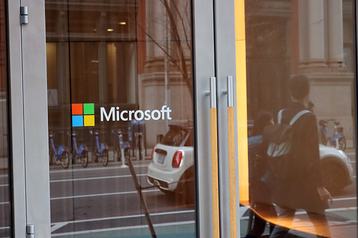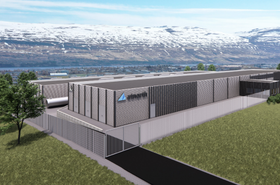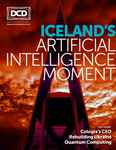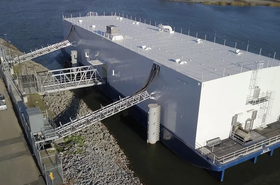Major accounting firm KPMG is planning to invest $2 billion in artificial intelligence (AI) and cloud services over the next five years with Microsoft.
The ‘Big Four’ accounting firm is expanding its relationship with Microsoft globally, and expects that this investment could bring in up to $12 billion in revenue over the next half-decade.
That amount would represent about seven percent of the company's annual global revenue, which last year reached $34.64bn.
By investing more in AI and cloud computing, KPMG will be able to automate things like its tax, audit, and consulting services, as well as help employees provide faster analysis. The company will use Microsoft 365 Copilot, an AI assistant not yet available to the public, as well as continuing to use OpenAi via the Azure cloud platform.
It is additionally hoped that through the use of AI, KPMG will be able to simplify its ESG reporting by analyzing transactions in a more efficient way.
Microsoft CEO Satya Nadella said: “Whether it’s ESG reporting or audit, all of these things are going to be fundamentally transformed because the core processes of those knowledge workflows are going to be accelerated using this AI technology.”
Bill Thomas, KPMG global chair and CEO, does not think that the investment will see people replaced with AI.
“I certainly don’t expect that we’ll lay off a lot of people because we’ve invested in this partnership,” Thomas said. “I would expect that our organization will continue to grow and we will reskill people to the extent possible and, frankly, create all sorts of opportunities in ways that we can’t even imagine yet.”
Despite this, KPMG has laid off a significant number of employees. The company has an overall workforce of around 265,000, and in June laid off around 2,000 employees just four months after another 700 lost their jobs.
This is not the company's first major investment in tech. In 2019, KPMG invest $5bn in “general technology,” 20 percent of which went directly to Microsoft, with the rest dedicated to moving to the cloud among other things.







